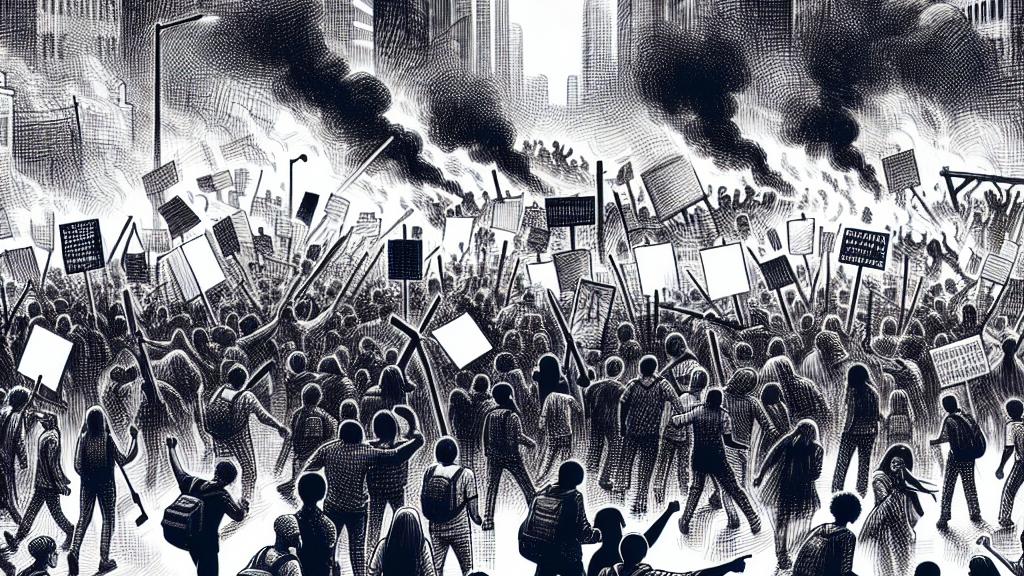The Unexpected Fall: How the Army's Rebellion Sent Hasina Into Exile!
Overview
- Sheikh Hasina's 15-year leadership came crashing down amidst massive, violent protests and military defection.
- Initial protests began as a response to controversial job quotas but spiraled into national demands for her resignation.
- The army's decision not to enforce curfews dramatically shifted the balance of power, leading to Hasina's escape to India.

Background and Spark of Unrest in Bangladesh
The situation in Bangladesh reached a critical breaking point as widespread protests erupted in Dhaka, ignited by a controversial quota system favoring descendants of 1971 war heroes for government jobs. This decision, seen as exclusionary by many unemployed youth, particularly enraged students, who initially took to the streets to demand fairness and accountability. As the demonstrations escalated, culminating on August 4 with clashes resulting in nearly 300 deaths and countless injuries, calls for Prime Minister Sheikh Hasina's resignation intensified. The movement transformed into a broad coalition of citizens rallying against a perceived authoritarian rule, showcasing the nation's readiness to challenge the status quo for change.
The Military's Critical Decision and Shift in Dynamics
The Bangladesh military, historically a powerful player in the country's politics, became an unexpected catalyst for change. On August 4, Army Chief General Waker-uz-Zaman announced that the army would not intervene to suppress protesters, conveying a message that Hasina's government could no longer rely on military support. This announcement was pivotal; it not only signaled a withdrawal of military backing but also empowered the protestors, allowing them the freedom to voice their dissent without fear of violent reprisal. As the crowds erupted in jubilation and celebrations filled the streets of Dhaka, the army's shift revealed a fracture in the once-solid alliance between the military and Hasina's administration, fundamentally altering the balance of power in the country.
The Aftermath: New Beginnings or Further Turmoil for Bangladesh?
In the wake of Sheikh Hasina's dramatic flight to India on August 5, 2024, the political landscape of Bangladesh has been drastically redefined. Following her exit, an interim government was quickly composed to restore order, laying the groundwork for a possible transition towards more democratic governance. However, this abrupt shift raises crucial questions about the military's long-term role in politics and whether the new government will address the deep-seated issues that fueled the protests. Observers remain cautiously optimistic yet acutely aware of the potential for instability. As Bangladesh grapples with economic challenges and public discontent, the ongoing dialogue regarding governance and military influence will be essential in shaping the nation’s future trajectory.

Loading...